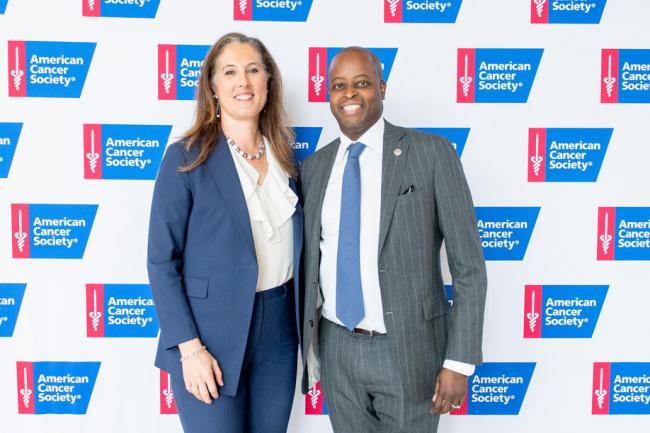By Sholnn Z. Freeman
Howard University has joined with the American Cancer Society (ACS) in stepping up efforts to tackle the rising rates of prostate disease. Black men in the United States have among the highest documented prostate cancer rate in the world, and the disease disproportionately takes their lives.
At a campus event on Jan. 12, Howard University president and cancer surgeon Wayne A. I. Frederick, M.D., MBA, joined Karen E. Knudsen, chief executive of the American Cancer Society, and U.S. Congressmen Troy Carter (D-La.) and Donald Payne (D-NJ) to launch an initiative called IMPACT — Improving Mortality from Prostate Cancer Together. The initiative will leverage ACS’ organizational strengths to mobilize resources across research, patient support, and advocacy programs. The Howard University Cancer Center and Howard University Hospital have long served as educational and community rallying points for such efforts. ACS aims to reduce death rates from prostate cancer in all demographics and disparities for Black men by 2035.
“As surgeons, a lot of what we do is to try to afford people the opportunity for the anticipation of tomorrow,” said Dr. Frederick, speaking at the Howard event. “Events like this serve the purpose of providing hope. In this circumstance, it is to provide equal hope for African American men – African-American men who are fathers, who are brothers, who are caregivers, breadwinners, who are our colleagues at work. It is to give them the opportunity to live a productive life.”






